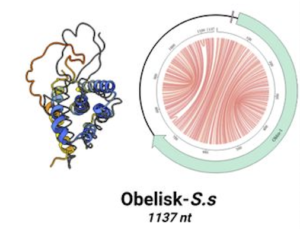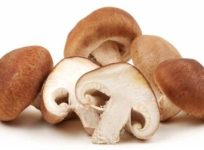Is Galectin-3 Inhibition a Key to Reducing Heart Failure?
A fast-growing body of data points to galectin-3 (Gal-3) — an adhesive cell surface protein—as a potential therapeutic target for reducing cardiovascular morbidity and mortality. Modified Citrus Pectin, a natural substance derived from citrus fruit peels, is the only known natural compound that can bind Gal-3, potentially reducing CVD risk.







